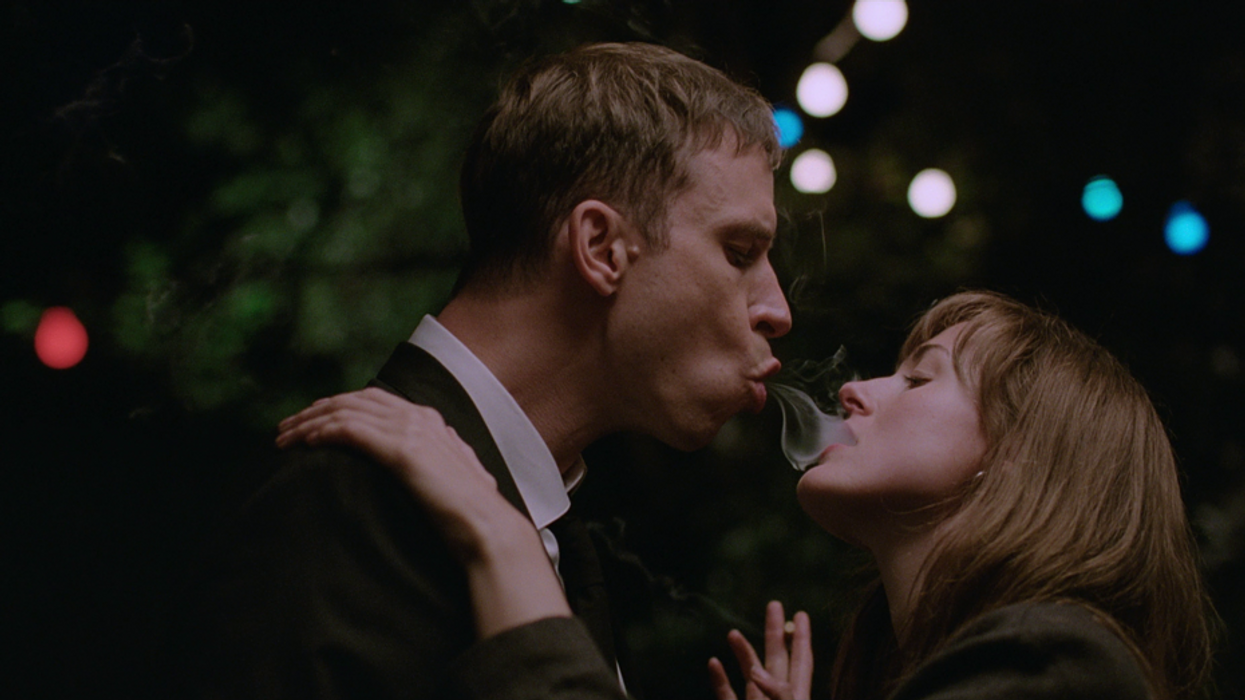Screenwriting Basics: A Beginner's Guide
If you're starting out, here's the basics to help you succeed.

'The Worst Person in the World'
Welcome to the captivating world of screenwriting!
This guide is designed to walk you through the fundamentals, offering both insight and practical tips to kickstart your screenwriting journey.
I'm excited for the stories you'll come up with and whwre this stuff can take you.
Let's dive in.
3 Rules Beginning Screenwriters Need To Know - Dr. Ken Atchitywww.youtube.com
Understanding the Essence of a Screenplay
A screenplay is more than just a story. It's a blueprint for a film. It combines narrative, dialogue, and visual instructions to guide directors, actors, and the entire film crew.
Unlike a novel, a screenplay focuses on showing, not telling, and is written in a present-tense, concise style.
The Structure: Building Your Story's Skeleton
One of the first lessons in screenwriting is mastering the three-act structure:
- Act One–The Setup: This act introduces the main characters, setting, and the story's primary conflict. It often culminates in a 'turning point' that propels the story into the second act.
- Act Two–The Confrontation: The longest section of your script, this act deepens the conflict and develops your characters. It's filled with obstacles and often ends with a climax or a major setback for the protagonist.
- Act Three–The Resolution: This final act resolves the story's conflicts and questions, leading to a satisfying conclusion. Whether it's a happy ending or a tragic one, it should feel earned and true to the story.
Character Development
Great films are driven by compelling characters. Your characters should have distinct personalities, desires, and flaws. A well-developed character arc, where a character evolves in response to the story's events, adds depth to your screenplay.
Dialogue
Dialogue in screenplays reveals character, advances the plot, and delivers exposition. You want natural, engaging dialogue that reflects each character's unique voice.
Remember, less is often more. Avoid unnecessary exposition.
Show, Don't Tell
Screenwriting is visual storytelling. Instead of describing what's happening, illustrate it through actions and dialogue.
You want to show the audience, and not tell them what they should htink and feel.
The Importance of Format
Professional screenwriting demands adherence to a specific format. Software like Final Draft or Celtx can help you maintain the standard format.
Writing Your First Draft
Begin with an outline or a treatment, which is a narrative description of your story. Then, start writing your first draft.
Don't worry about perfection. The first draft is about getting your story down. Editing and polishing come later.
The Art of Rewriting
Screenwriting is as much about rewriting as it is about writing. Once your first draft is complete, take a break, then come back with fresh eyes.
Look for plot holes, character inconsistencies, and opportunities to sharpen your dialogue. Feedback from trusted peers can be invaluable during this process.
Breaking Into the Industry
As a beginner, your focus should be on honing your craft. However, it's never too early to learn about the industry. Participating in screenwriting contests, workshops, and networking events can provide exposure and learning opportunities. Online platforms like The Black List or Inktip can be avenues to showcase your work.
Continuous Learning

'The Devil Wears Prada'
Credit: 20th Century Fox
The world of screenwriting is dynamic. Keep learning by reading screenplays, watching films, and staying updated with industry trends. Adaptability and a willingness to learn are key.
This beginner's guide is just the starting point. Screenwriting is a craft that takes time and practice to master. Stay curious, stay dedicated, and most importantly, keep writing.
Your journey in the world of screenwriting starts now!
Now go get writing.











